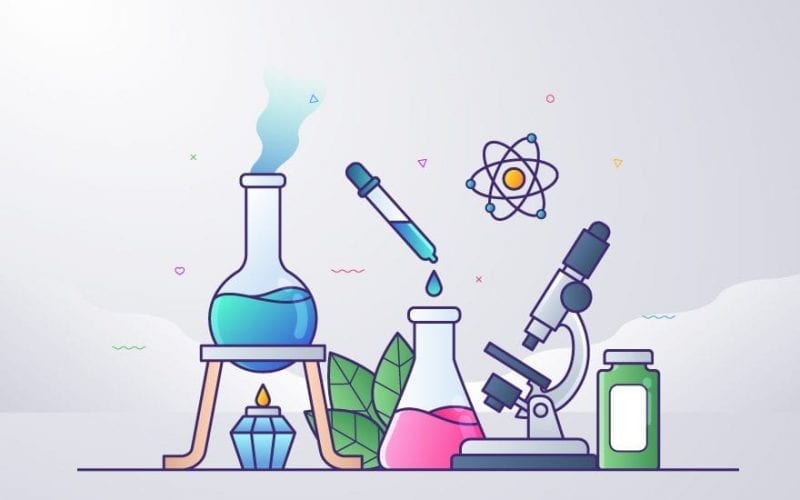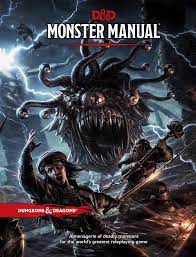Organic Chemistry Handwritten Notes
The difficulty lies in figuring out how a reaction will proceed and then being able to identify what type it is based on its substrate/reagent pairings. The more exposure we have had as human beings who are interested in something. Whether that’s science or art-the easier our lives become because all these subjects become part of us now instead of just being purely academic knowledge which only scholarly individuals could understand; whereas before when somebody didn’t really study up close their vision might’ve been limited by the lack thereof but now that same person can see clearer than anyone else without needing glasses. Let us read how to prepare Organic Chemistry Handwritten Notes.
How to Tackle Organic Chemistry Notes:
The first step to remember is that you need notes for Organic Chemistry. Make sure they are thorough and learn each reaction by heart, but don’t stress over learning them because there will be questions about what happens in the mechanism as well so make yourself comfortable with these details beforehand. Once all of your short-term memories have been committed into place (i mean not including any information beyond what’s write down), then go ahead and imagine how everything connects together while reading through it again from start until the finish – this can help during exam time when instead usually only one question may appear per reader if even none at.
The Best Way to Beat an Exam is by Practicing and Revising:
- There are many techniques that can help you study, but the most important one of all? You must always keep trying questions! This will allow for more success when studying chemistry or any other subject matter in general – especially since we know how hard these exams typically come out (especially without notes). One tip I have find helpful while going through my entire education process reading NCERT books cover-to-cover at least three times each because every time I read something newer than what’s cover previously; there were often fresh insights into problems which made understanding easier than before.
- Solving questions is the key to success in any subject. revise as many times, and keep doing those tricky ones. Keep reading NCERT for Organic Chemistry because every time you do. So it will surprise me how much more information there really can be out there on these pages than what teach when I was younger and don’t forget. Once we start solving our problems then everything starts making sense too.
- Making notes is an essential skill for any student. Not only does it help you to stay active and engaged during your lectures, reading, or revision time; making quick sketches in the margin can also use as a way to identify key ideas that need more emphasis when teaching large crowds! The best part about taking notes? You’ll never forget what’s being teach because these captured illustrations will always remind you how important this subject really was with their unique use of visual representation.
When you Make Notes, it Helps to:
Always stay active and engage during lectures through reading and revision, understand what’s to say. Clarify your thinking be selective in choosing key points remember the material organize thoughts for later. Use plan assignments structure written exam review prior to examinations.
What your Notes should Contain:
All good notes should contain the following information:
Source title, author name, and date. Headings to help you identify key topics in your research. The Points that are important for understanding this passage or book better. Such as examples from the text(s) cited within it with trigger words if necessary. So they’re easier remember later on down the line too. Further reading was suggest afterward follow by ideas on how these findings can be used now. There is no hurry though but feel free to take some time out today just because we’ve got something.
Final Lines:
The three stages of making effective notes are before, during, and after you’ve read or attended a lecture. The first stage is to prepare by finding out what information needs gathering for the purpose behind your studying session. This includes deciding how much time it will take as well. There’s no point in investing too much effort if only 10 minutes can be spent on each note. The second step would then involve taking down important points from discussions/lectures while listening carefully. Thirdly they don’t get loose afterward – try to notate everything verbatim hybridizable at first until master.
How To Make Money Trading With Candlestick Charts






